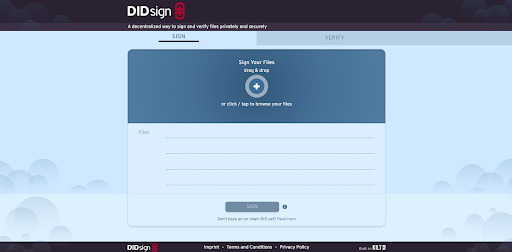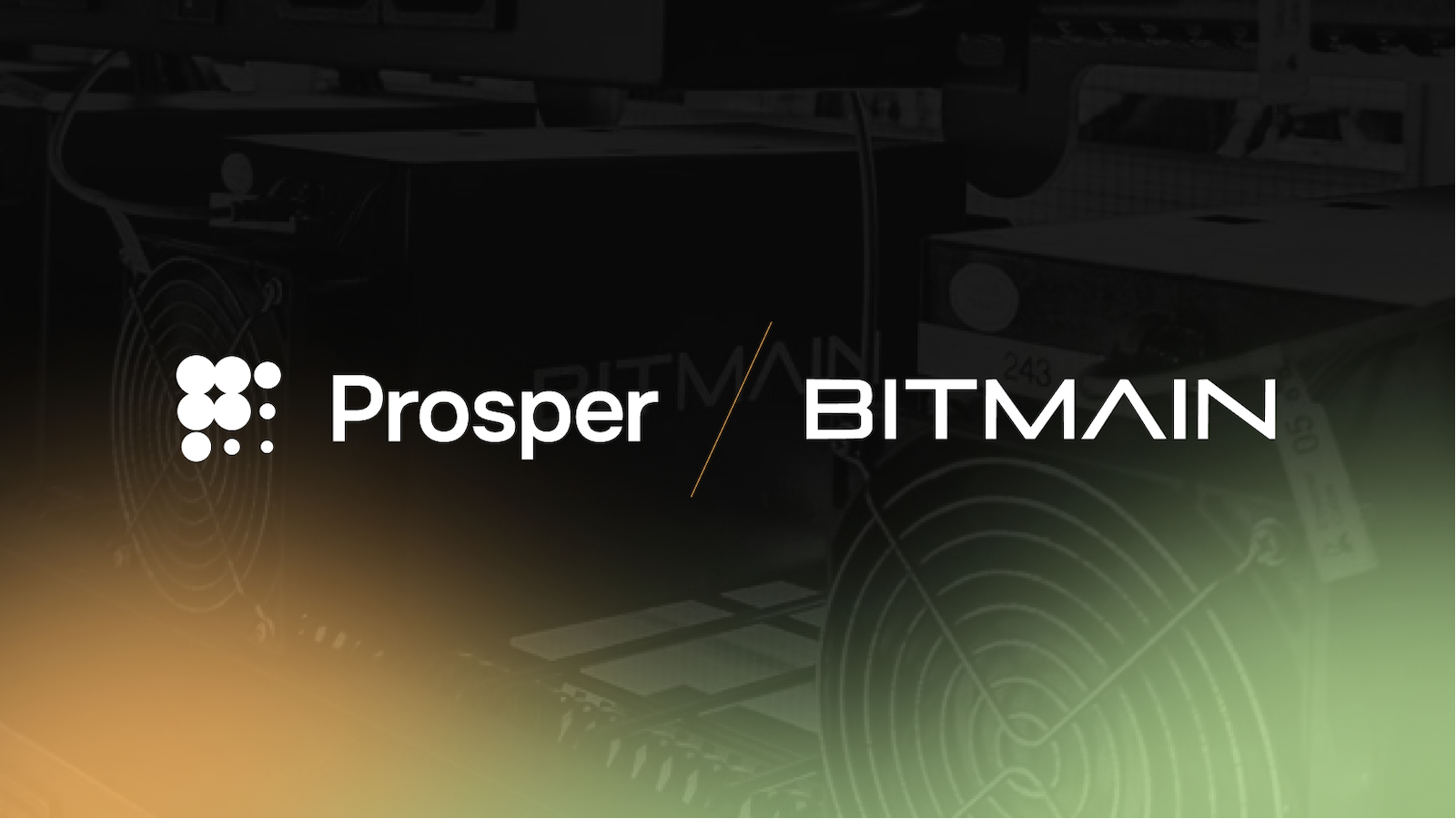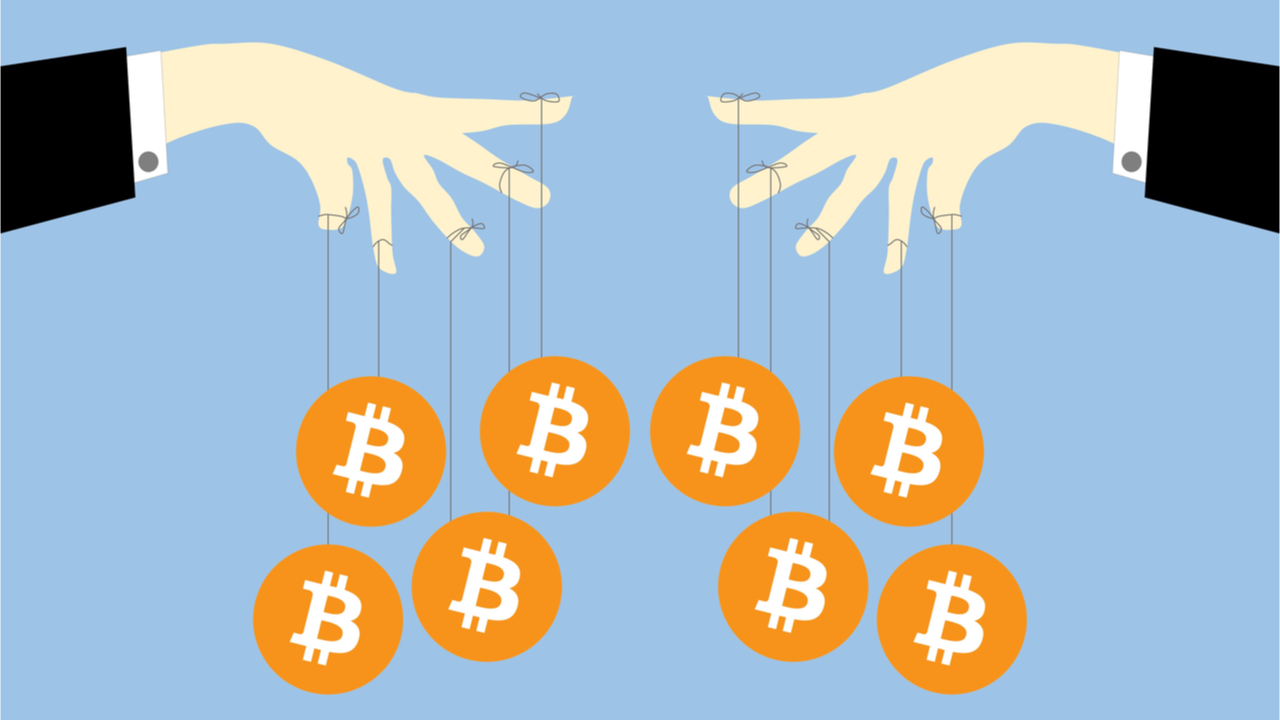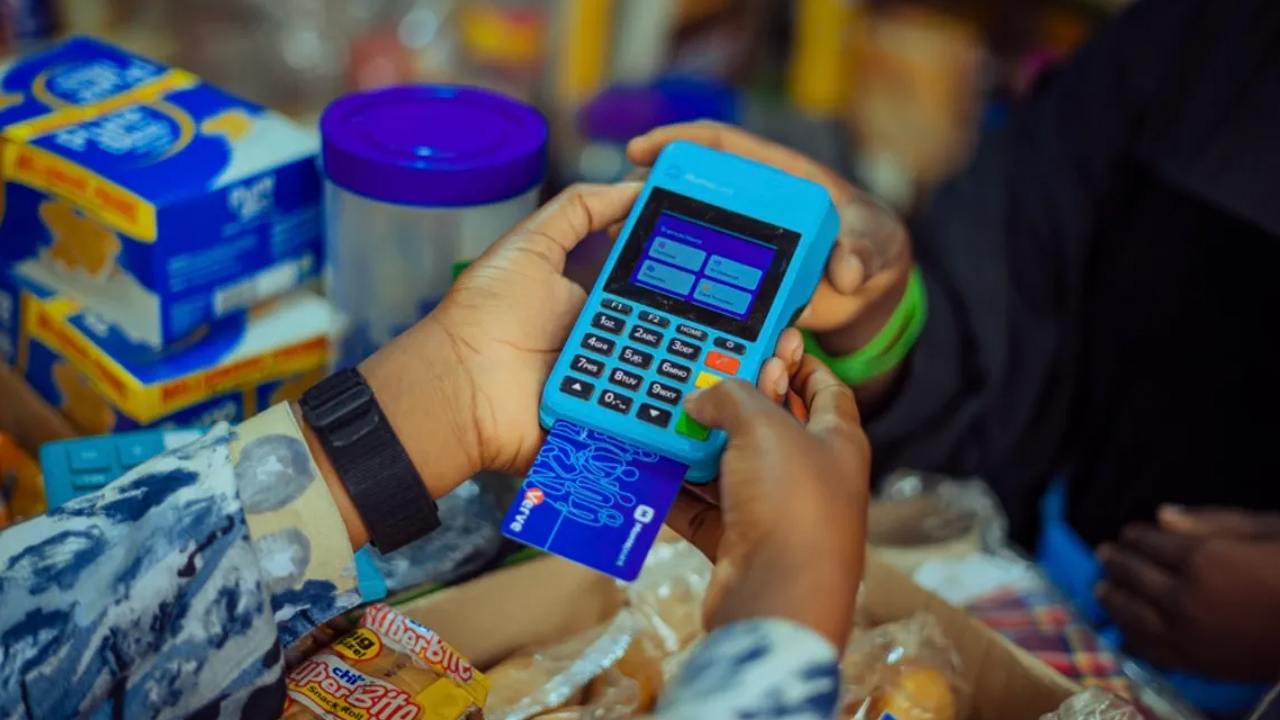KILT Protocol has announced the launch of its DIDsign application, giving Web3 users a decentralized way to easily sign and verify files privately and securely.
KILT is building an open-source blockchain protocol that makes it possible to issue verifiable, revocable and anonymous credentials. With it, users can claim attributes about themselves, have these attested to and verified by trusted entities, then store those claims as self-sovereign credentials. The idea is to bring the same level of trust that people have in physical documents such as passports and driving licenses to Web3. People will be able to use self-sovereign credentials created on KILT to represent their identity while ensuring their data is secure and in their possession.
The launch of DIDsign is a key milestone for KILT, providing a way for anyone to sign any kind of digital file, be it a PDF, Word document, audio file, video or even software, confirming its authenticity using a unique decentralized identifier (DID). Those files can then be downloaded as a Zip file and sent to anyone via email, WhatsApp or another tool. Then, recipients will be able to verify the file hasn’t been altered since it was signed by visiting DIDsign.io.
Creating a DID on KILT is an easy process. Simply download the Sporran wallet that’s designed to work with the KILT Protocol and it will generate a free DID. Then, to use DIDsign, it’s necessary to upgrade that free DID to an on-chain DID in Sporran, so it becomes anchored to the KILT blockchain. From there, proceed to DIDsign.io and drag and drop the file that needs to be signed into the ‘dropzone’, click the blue “SIGN” button and the Sporran wallet will pop up. Then, all the user needs to do is enter their login credentials and DIDsign will do the rest. The signed files can then be downloaded as a Zip file.
Verifying a signed file is even easier. When a file is received, all the user has to do is proceed to DIDsign.io, click on “VERIFY” and add the Zip file. DIDsign will confirm that the file is either unchanged (meaning it hasn’t been tampered with), or warn the user that it has been altered since it was signed.
Enterprise Friendly
To create an on-chain DID, users must deposit 2 KILT coins and pay a small transaction fee of less than 0.01 KILT. The user’s deposit will be unlocked if and when the user deletes their on-chain DID.
One of the advantages of this system is that it’s enterprise-friendly, KILT said. While each user must have their own on-chain DID, it’s possible for another entity to pay the required deposit and fee, meaning that a company could pay to set up DIDs for all of its employees.
The deposit fee also provides more utility for the KILT coin, leading to greater demand and more value, boosting the overall KILT ecosystem.
KILT says DIDsign has lots of potential use cases that should make it especially attractive for enterprises. For instance, if a contract needs to be approved by multiple individuals, each one can sign the file and send their signature to the other relevant parties. The file can then be checked against each signature to prove that every party signed the contract in its original form, proving no one has since tampered with it.
DIDsign could also be used by doctors to sign and verify a lab report with their colleagues, for example. Alternatively, a software developer could use the application to sign software – so if any changes are made to the code, users would be able to see the signature is no longer valid. Another use case might be signing contracts in decentralized autonomous organizations or the metaverse, where multiple parties are required to attest to something.
Perhaps the best thing about DIDsign is the privacy it offers. Unlike with other, centralized digital signature services, such as DocuSign, KILT does not store or have access to any of the files. Rather, the signed files remain in the user’s possession, stored locally on their device or in the secure cloud service they use, meaning DIDsign has privacy by design, KILT said.
KILT said it’s already working on adding more functionality to DIDsign. In the near future, users will be able to add their KILT credentials directly to any signed file, add a unique name to any DID, and self-attest timestamps that are anchored to the KILT blockchain at the time they’re signed.
Disclaimer: This article is provided for informational purposes only. It is not offered or intended to be used as legal, tax, investment, financial, or other advice
Credit: Source link























